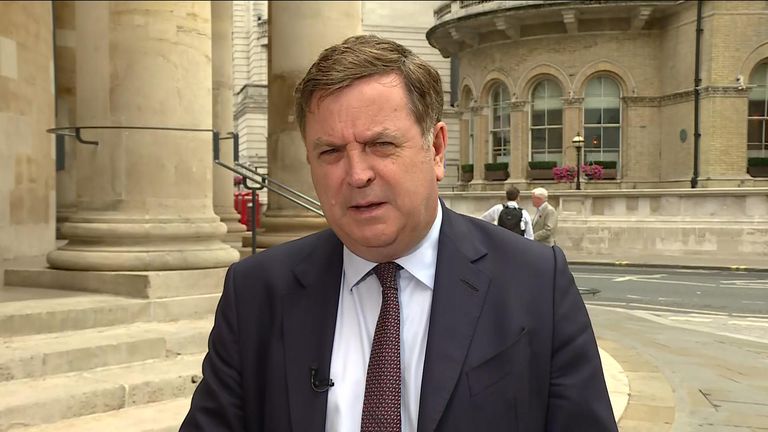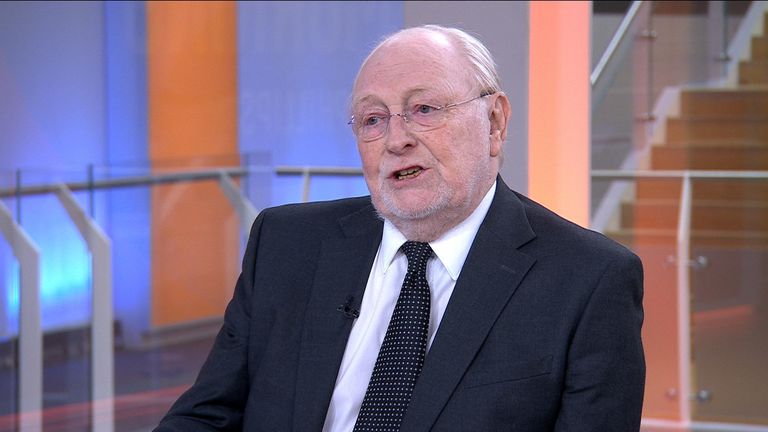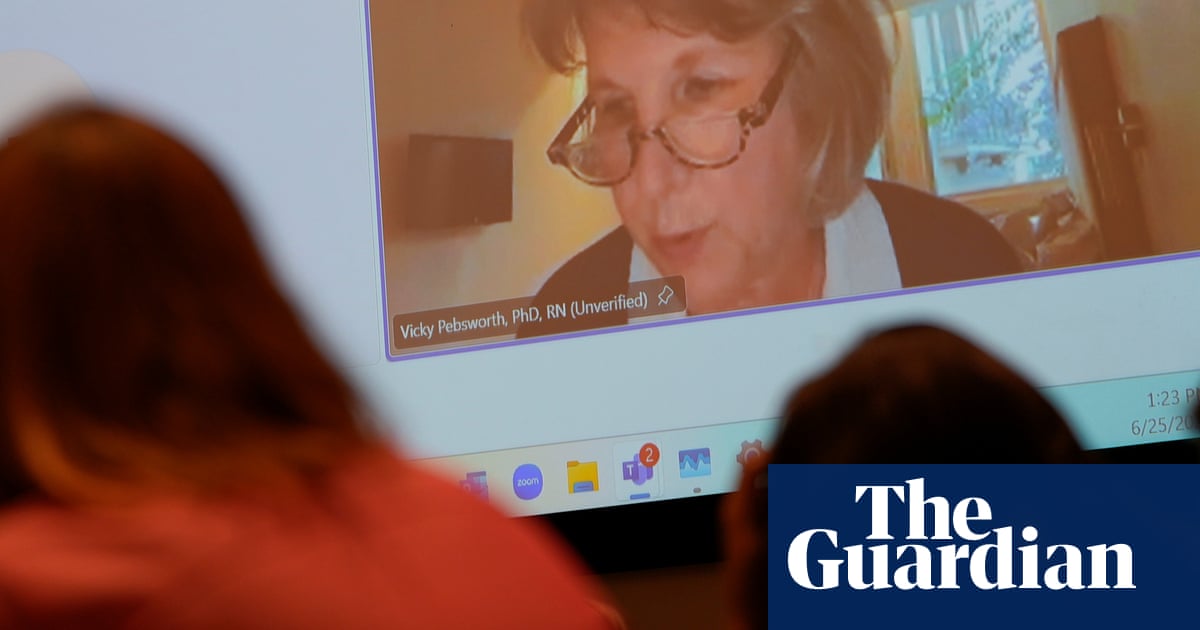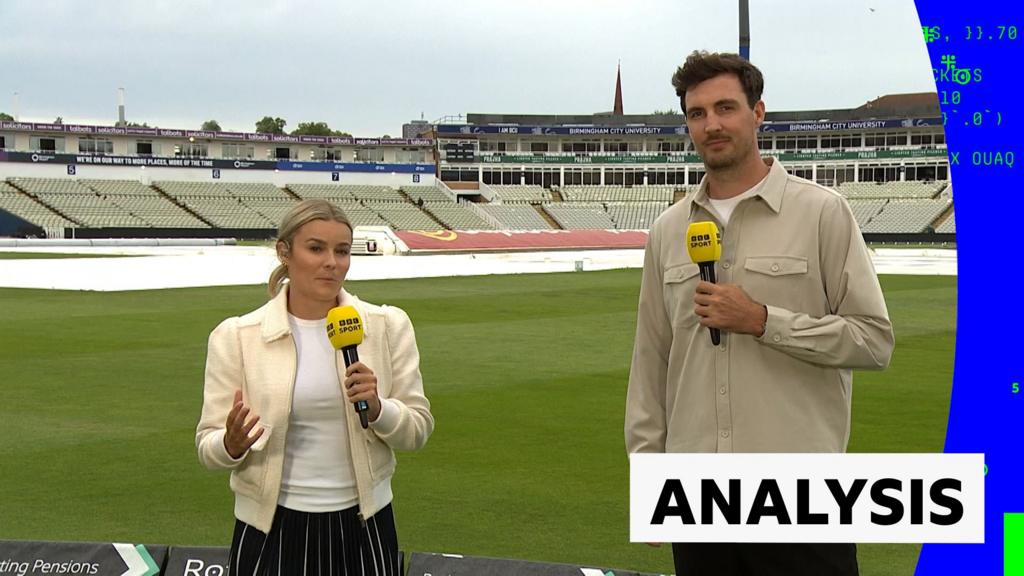I want to take you into the daily Downing Street briefing for political journalists to try and explain the likelihood of the government introducing a wealth tax.
Referred to as 'lobby', the sessions are the main chance for reporters to grill the prime minister's official spokesperson about the big political issues of the day.
Now, occasionally the spokesperson comes to these sessions with a clear and obvious update that will 'create news'.
Most of the time though, we're left trying to read between the lines of what's being said, searching for hints or steers that could indicate whether Number 10 is trying to shut a story down or let it run.
This isn't always straightforward, as was proven in this briefing.
Politics latest: Reeves's tax turmoil deepens
Take this first answer from the PM's spokesperson when asked if Sir Keir Starmer backed a wealth tax.
"Those with the broadest shoulders carry the greatest burden and the choices we've made reflect that… our progressive tax system means the top 1% of taxpayers contribute nearly a third of income tax with revenue from wealth and asset taxes… going towards funding tens of billions of pounds for public services."
Now, one way of interpreting that is Downing Street saying they're already hitting the wealthiest so there's no need to whack them with more taxes.
But then again, he could also be saying that raising money from the super-rich is a preferred policy of this government and as such may happen again.
So which is it?
Well, we asked that, and this is the answer we got.
"The chancellor has said that we are not going to be bringing in a wealth tax".
Pointing to a previous on the record statement is a classic lobby method of shutting a story down without commenting on it directly.
Please use Chrome browser for a more accessible video player
So a clear answer?
Well in this instance, the spokesperson still seemed somewhat reluctant to throw his full weight behind this previous comment from Rachel Reeves.
It all meant the few dozen journalists left the briefing room perplexed at where Downing Street stood on the policy with the only solid outcome being the fact that the government had certainly not ruled anything out.
Read more:
Government declines to rule out wealth tax
For what it's worth, my read on the situation - based on other conversations and the many lobby briefings I've sat in over the years - is that the wealth tax idea hasn't (at this time) reached the point of becoming a formal proposal but may yet be put in the mix.
The reason it's being talked about now is because the former Labour leader Neil Kinnock suggested on Sky News' Sunday Morning with Trevor Phillips that cabinet ministers may be sympathetic to it.
Lord Kinnock, who was leader from 1983 to 1992, said that imposing a 2% tax on assets valued above £10m would bring in up to £11bn a year.
Please use Chrome browser for a more accessible video player
Whether this party veteran is reflecting back chatter from within government or simply pitching fresh suggestions is unclear.
But you can see how such a measure would slot into the existing crease hardening down the middle of the cabinet between those more inclined to tax and spend (Angela Rayner, Lisa Nandy, Ed Miliband) and others more concerned about making savings and investing (Rachel Reeves and Darren Jones).
For now, three to four months from a budget that will need to raise a significant amount of money, we can probably think of this as something of a Schrodinger's tax - simultaneously on and off with its final state only revealed when the chancellor opens her red box come the autumn.

 8 hours ago
3
8 hours ago
3












 English (US)
English (US)